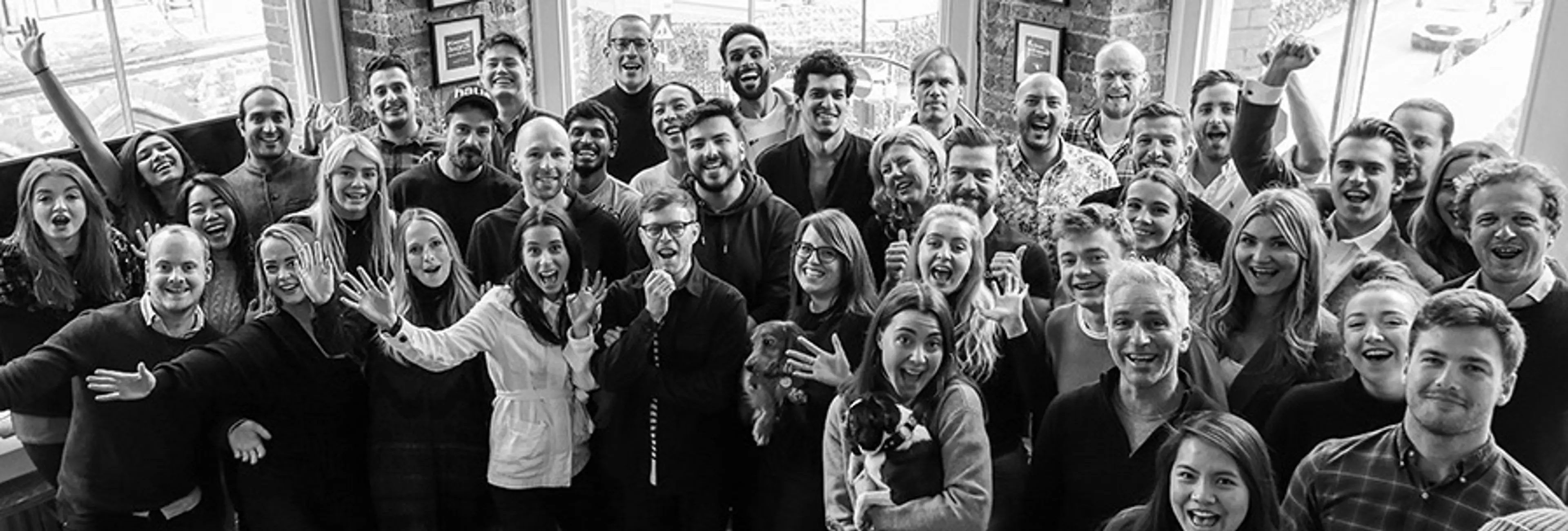
Related project / Client
Trends & Insights
1 Feb 2021
4 Min Read
Reimagining Valentine's Day
As far as ‘holidays’ go, Valentine’s Day is one that is already viewed with a healthy dose of scepticism by many. And in the context of a worldwide pandemic, with people unable to spend time with their loved ones; parents homeschooling their children while juggling jobs and managing a home; and over a hundred thousand deaths in the UK alone–limited edition red polyester lingerie sets and novelty cards seem even less appealing than ever.
“"The eternal quest of the individual human being is to shatter his loneliness."”
Trends & Insights



